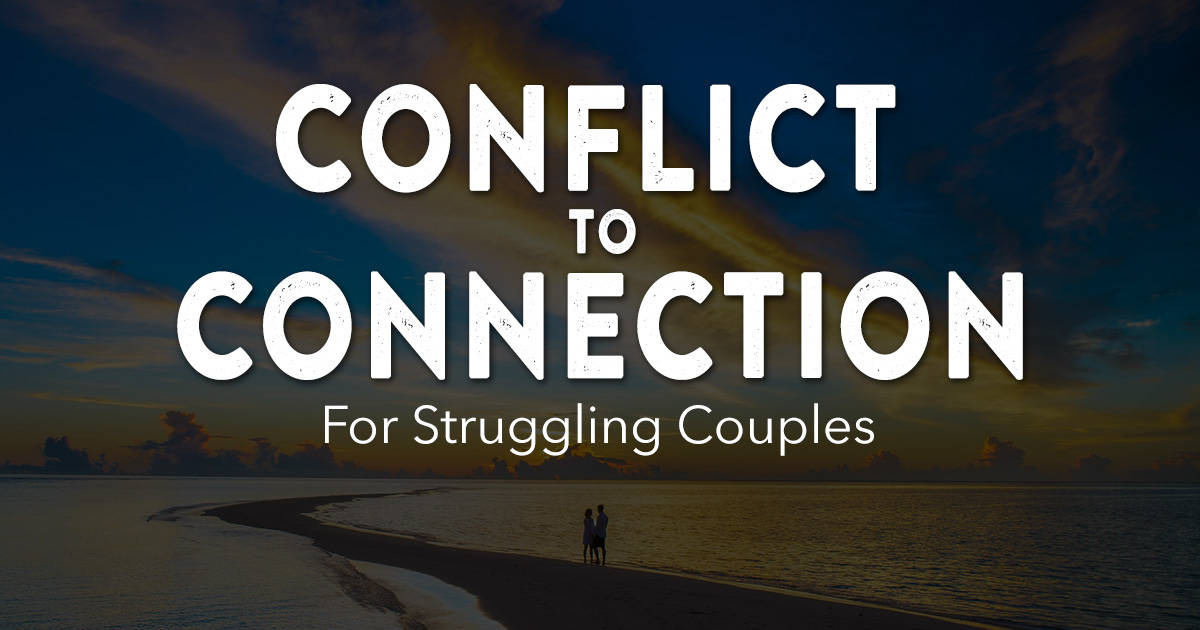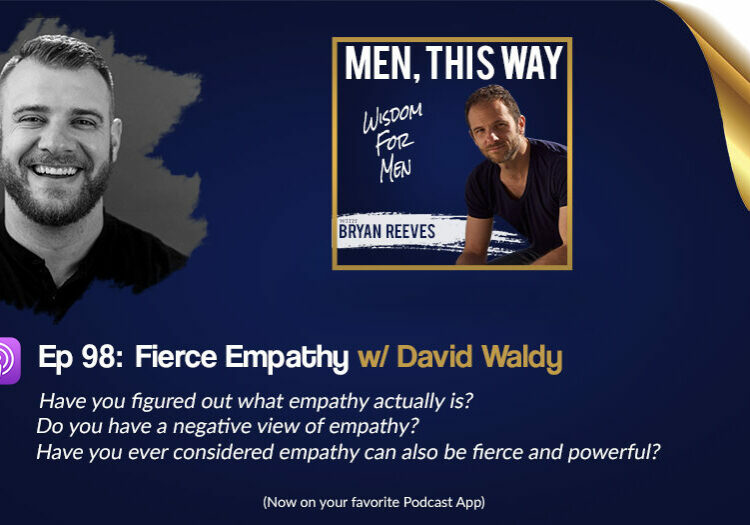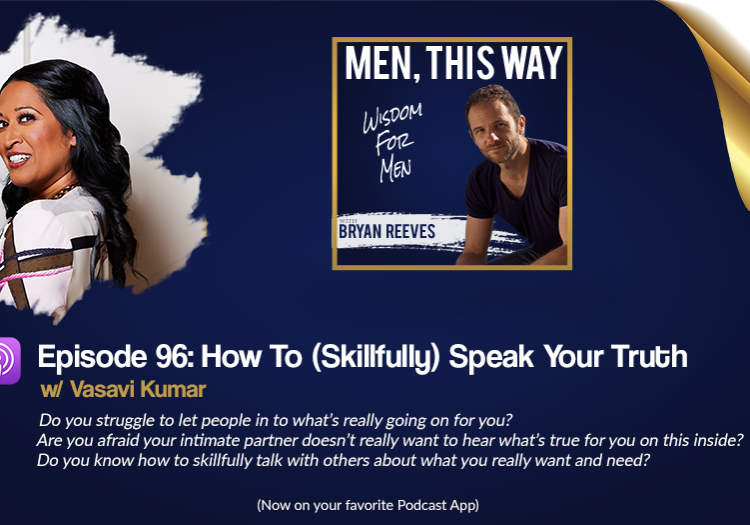“When someone comes to you with their pain, they’re not asking you to decide if their experience is valid.” ~ Silvy Khoucasian
♦◊♦
Through all my adventures in intimacy, I spent way too much time evaluating the validity of my partners’ upsets and frustrations – often deciding they are NOT valid, especially when directed at me.
This was essentially my initial response when faced with a woman’s upset:
“Look, I have great intentions. If you can’t see that, then you need to change how you see things, to end this pointless complaint. Also, outside of convincing you to see things my way, I have no other role to play in helping you feel better.”
Somehow … that never went over well, to my great and enduring surprise! lol
It wasn’t until my late 30s (I’m now 45) that I started to understand something profound about how I was (unwittingly) sabotaging intimacy:
With great intentions, I was trying to “set my partner free in her mind” by using logic and perspective (my own) so she would see things differently. Yet what she often only wanted was to restore “the feeling of connection with me” in the moment – which has nothing to do with logic (not mine, anyway).
My goodness!
What countless epic battles and mighty defeats could we all have avoided had someone simply taught me this fundamental truth of intimate relationship between the two complementary energies of masculine and feminine expression!
Everything changed for me once I started to understand that every intimate relationship, regardless of sexual orientation*, is a primal dance between masculine and feminine energies.
(*masculine does not mean man, feminine does not mean woman; we all are both.)
One of the most profound changes was in the actual words I started using to communicate.
Freedom-Focused vs Connection-Focused Language
I learned there is a fundamental difference in the focus of communication between masculine and feminine energies; our ignorance of which causes endless painful misunderstandings:
A more “core feminine” person (man or woman) tends to communicate more with CONNECTION-FOCUSED LANGUAGE: words that ask and imply, “Are we in this together? We should be!”
A more “core masculine” person (man or woman) tends to communicate more with FREEDOM-FOCUSED LANGUAGE – words that imply, “I’ll make my own choices, think my own thoughts, be my own person, and you should, too.”
Understanding these differences in communication focus taught me how to start defusing difficult moments that may otherwise destroy intimacy and ruin relationships.
For example, for years I (unskillfully) used freedom-focused language with my more connection-focused partners:
- “Stop trying to control me; I don’t try to control you!”
- “Stop making up problems that don’t exist! [“problems” limit freedom]
- “Don’t tell me how I should think!” [how ironic I often told them how to think]
- “Don’t tell me how to do what I know how to do.”
I was unable to hear their typically (and unskillfully) connection-focused responses:
- “Do you even care about me?”
- “Do you really want to be with me?”
- “Why don’t my feelings matter to you?” [shared feelings is empathy, connection]
- “I don’t feel connected to you.” [like many men, I heard it but dismissed it as a “made-up” complaint]
I was shocked to discover we were speaking the same language but oriented towards very different core values (connection vs freedom).
Through coaching couples for the last 7 years, I see this misunderstanding happening constantly, in heterosexual and same-sex relationships. Even in heterosexual relationships, sometimes it’s a man who’s more connection-focused while the woman is more focused on expressing her freedom.
How do you know if you or your partner are more “core feminine” (connection-focused) or “core masculine” (freedom-focused)?
Although many people tend to identify with one over the other, some regularly switch back and forth between both. I identify as more “core masculine” (freedom is my primary concern!), yet I have a lot of “feminine moments” when I need more connection-focused language from my partner. Knowing this, sometimes she’ll reassure me during a difficult conversation by saying, “I’m not going anywhere; we’ll get through this together.“
My dad left home when I was 4, and this permanent cleaving of my family caused a deep wound that lives in me as the feminine fear of abandonment. When my partner says “I’m not going anywhere,” it helps calm me.
Whether your partner predominantly lives in one or daily flirts between them, you can hear their underlying focus in their language, particularly in moments of stress or upset, or when speaking aspirationally about what they yearn for in life.
- Do they talk about feeling trapped by circumstances, lack of options or possibilities, or by political or philosophical ideas they don’t like? (freedom-focused)
- Do they point at feeling disconnected from themselves or others, uncared for, unloved, or lonely, abandoned by you, by others, by life? (connection-focused)
- Do they dismiss or deny feelings in favor of facts and solutions? (freedom-focused)
- Do they tend to dismiss details or facts as irrelevant, staying more rooted in feelings? (connection-focused)
The point isn’t to clearly know whether you’re more “feminine” or “masculine.” It doesn’t actually matter.
We are all being called at this time to learn how to integrate BOTH masculine and feminine energies in our own body-minds. For true mastery, as a human being, is knowing how to express feminine energy (connection-focus) when that serves the moment, and how to offer masculine energy (freedom-focus) when that serves the moment.
What truly matters, when it comes to creating a thriving relationship, is learning that how you respond matters, and that you can respond using the language-focus the other needs to hear.
What matters is that you know you do have a role to play in helping your partner feel reassured and calmed whatever their upset.
If you want a thriving intimate relationship, you must learn how to reassure your partner not using the words you want to hear, but the words they need to hear.
Otherwise, your partner – and you – will keep spiraling into distress, disharmony, disconnection, potentially for a lifetime.
PRACTICE THIS
If you’re with a more core-feminine person, when they’re upset, never say (even with your eyes):
- “You should see this differently.”
- “That’s your problem, not mine.”
- “I don’t have time for this.”
- “Why are you telling me this? I’m not your therapist.”
- “Sucks to be you!”
- “Well, what about MY problem/upset/complaint?”
- “Don’t start that again. It’s always the same thing.”
Instead, try:
- “I’m sorry you’re hurting; we’ll figure this out together.”
- “I hear you. I’m with you.”
- “I’m not able to hear this right now, but I want to hear it; can we find another time to talk about it (within 24 hours)?”
If you’re with a more core-masculine person, if you’re feeling dismissed by their loyalty to logic (their own logic), never say (even with your body):
- “You don’t care about me!”
- “You’re so insensitive.”
- “Why can’t you listen to me?”
- “You’re too much in your head.”
- “Stop making this about you.”
- “Stop invalidating my experience.”
- “What you did was wrong.”
- “You should have done X differently.”
Instead, try:
- “I know you’re doing your best, and I love you for that. I’m confident we’ll figure out how to bridge this difference between us.”
- “I see your good intentions, and I appreciate you for it.”
- “I didn’t like what you did, but you have every right to do whatever you want to do.” (Doesn’t mean you’re gonna keep hanging around if he/she keeps doing things you don’t like; and you might tell them that, too)
- “I know you see things a certain way, and I respect that. It would help me feel better if you simply try to understand my point of view, my experience, even if you don’t agree with it.”
- “I know it’s hard for you to understand me sometimes, and I don’t fault you for that.”
Sometimes, it may not be your place to help your partner when they’re upset, or going through something difficult. After all, you’re not their therapist, or their parent.
If you don’t think it’s your place to help them with their upset, it’s ok to say, “I don’t think I’m the right person to hear this, but I want you to know I love you, and I support you in getting through this. Is there another way I can help?”
If they’re upset and asking you for something you know can’t (or just won’t) give, don’t even try to resolve things when they (or you) are still upset.
Instead, try this:
“I see this is upsetting you. Your upset is valid. I’m not clear right now how I can best help us resolve this (what you’re asking for doesn’t register now as the best solution for us both), so let’s talk about this later when we’re both feeling less triggered.”
If this is deeply triggering for one or both of you, I suggest saying this:
“Let’s not try to figure this out by ourselves. It’s too charged for us, and I don’t want us to do more damage to the relationship. Let’s bring this to a therapist / coach, who can help us see more clearly what’s really going on, and how we can get through this together.”
I know this is easier to read here than to actually say when it matters most.
This often isn’t easy for me, either, and I still regularly fail to say the words most helpful to my partner. But I’m able to catch myself quickly, usually within minutes, and so help us recover quickly … before the death spiral kicks in.
You can learn this, too.
Fortunately it only requires practice, patience – with yourself, especially – and real commitment to deep, loving partnership with your partner.
♦◊♦
What does this inspire in you? Are there other phrases you know do not help? … that do help? Please share in the comments below. (I read all of ’em)
♦◊♦
Does your relationship need help?
Experience the “Conflict to Connection” 90-Day Program, and learn how to create the loving, harmonious, peace-filled relationship you’ve always wanted … and deserve.
Single? (and ready to stop making a mess of love?)
Experience the “Love, Sex, Relationship Magic” Program and learn the secrets to creating a great relationship … that should never have been secrets.
♦◊♦
- 193shares
- 190Facebook
- 0Twitter
- 0Pinterest
- 3Email







When my partner blurts out ” quite screaming at me” when I am talking to them in a normal tone??.. I don’t know how to respond to that. Is this what they hear when we argue? Or is this a defense mechanism? Thanks
The challenge here is that you don’t get to determine what is “normal” for your partner. It might be “normal” for you, but that doesn’t mean your partner is experiencing it that way. Of course, I know it’s frustrating to be told you are screaming when you don’t believe you are. (been there a million times myself). The way through this is for both of you to shift focus away from whether or not you’re screaming, and towards what’s actually happening for your partner in that moment, in their body (feelings, emotions, sensations, etc.). In other words, instead of fighting over whether you’re screaming, focus on what your partner is feeling in that moment. So rather than defend yourself (“I’m not screaming!” … which likely never helps, and may even become a scream!), ask instead, “What is happening for YOU right now? I believe I’m talking in my normal voice, but I get that if you think I’m screaming, you must be feeling somehow threatened or scared. Can you please clarify what you’re actually experiencing in your own body? Are you feeling scared? Unheard? Invalidated? Alone? What’s happening for you right now?”
If you can resist defending yourself and instead help your partner stay more focused on what is happening inside their own experience, and share from that place, you have a much better chance of getting safely through whatever you’re disagreeing about.
It’s not easy, and you might consider getting support to learn how to do this well.
The “Conflict to Connection” 90-Day Couples Program is an excellent resource for teaching you how to do this.